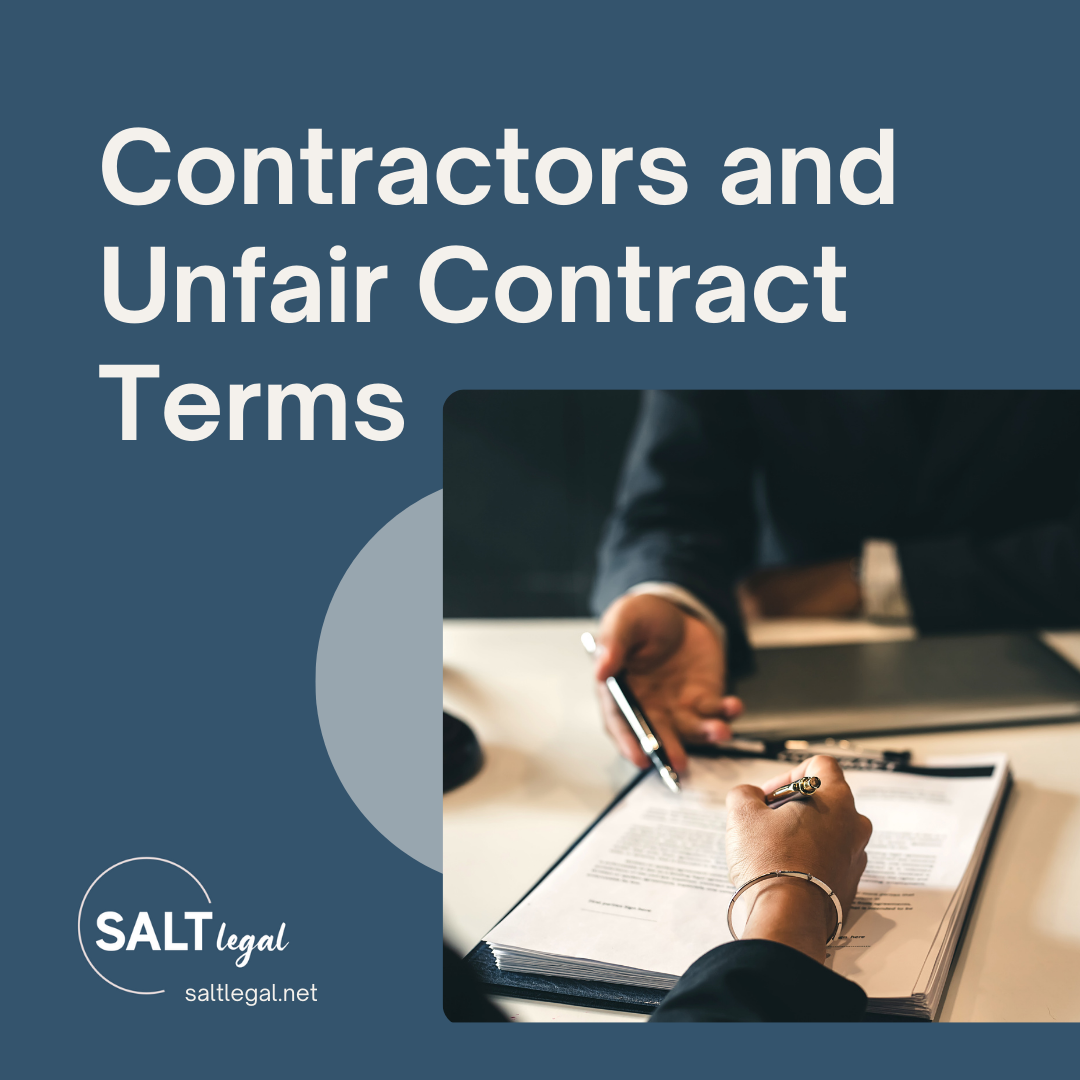The Federal Government has been introducing a number of changes in the Fair Work Act 2009 (Cth) (FW Act) under the heading of Closing Loopholes. This article concerns changes to contractors and the management of contractors.
The amendments to the FW Act propose to establish a new low cost, flexible, informal jurisdiction of the Fair Work Commission (FWC) for resolving disputes between independent contractors and principles about unfair contract terms in service contracts.
One of the key changes is the definition of 'employee' and 'employer' which is to be determined by ascertaining the 'real substance, practical reality and true nature of the relationship' between the parties, and further prescribes that in making this assessment, regard must be had to the 'totality of the relationship' between the parties, When assessing the terms of an agreement or contract, parties must have regard to the terms of the contract governing the relationship and other factors relating to the totality of the relationship, including how the contract is performed in practice.
This updated definition of what an employer and employee are, is likely to lead to further questions and result in further confusion.
Independent contractors who earn below a nominated contractor high income threshold will be able to apply to the FWC for dispute resolution in relation to unfair terms in service agreements. Independent contractors earning above the contractor high income threshold would access the unfair contracts provisions of the Independent Contractors Act 2006, rather than the FW Act.
Disputes however must be about a contractual term for a contract where if the relationship was an employment relationship it would be classified as a workplace relations matter.
When considering if a contract term is unfair, the FWC would be able to consider:
- the relative bargaining power of the parties to the services contract.
- whether the services contract as a whole displays a significant imbalance between the rights and obligations of the parties.
- whether the contract term under consideration is reasonably necessary to protect the legitimate interests of a party to the contract.
- whether the contract term under consideration imposes a harsh, unjust or unreasonable requirement on a party to the contract.
- whether the services contract as a whole provides for a total remuneration for performing work that is less than that of comparable employees or independent contractors.
- any other matters the Fair Work Commission considers relevant.
If the FWC finds that a contract term is unfair, it will be able to:
- change the terms of the contract; or
- Set aside all or part of the contract.
Takeaway Advice;
- A new jurisdiction to be created for disputes to be managed by the FWC, potentially resulting in more disputes being heard.
- There is less flexibility for parties to agree and manage their contracts at the local level.
- Places further obligations on organisations to manage contractors in a similar way they would employees.
- It is likely the updated definition will cause further confusion initially until decisions or further changes are made to legislation.
These changes will no doubt cause contractors and organisations some concerns, they will likely reduce the flexibility of contract work. In addition, it is likely we will see an increase in disputes where and when relationships sour between contractors and organisations.
If you would like to discuss or have general questions regarding employment law, please do not hesitate to contact us.
Salt Legal is an Employment Law Firm based in Melbourne. We provide legal advice and representation across all sectors and industries in all areas of employment law, OHS and workers compensation.
For an initial no obligations discussion, please contact Salt Legal at info@saltlegal.net

